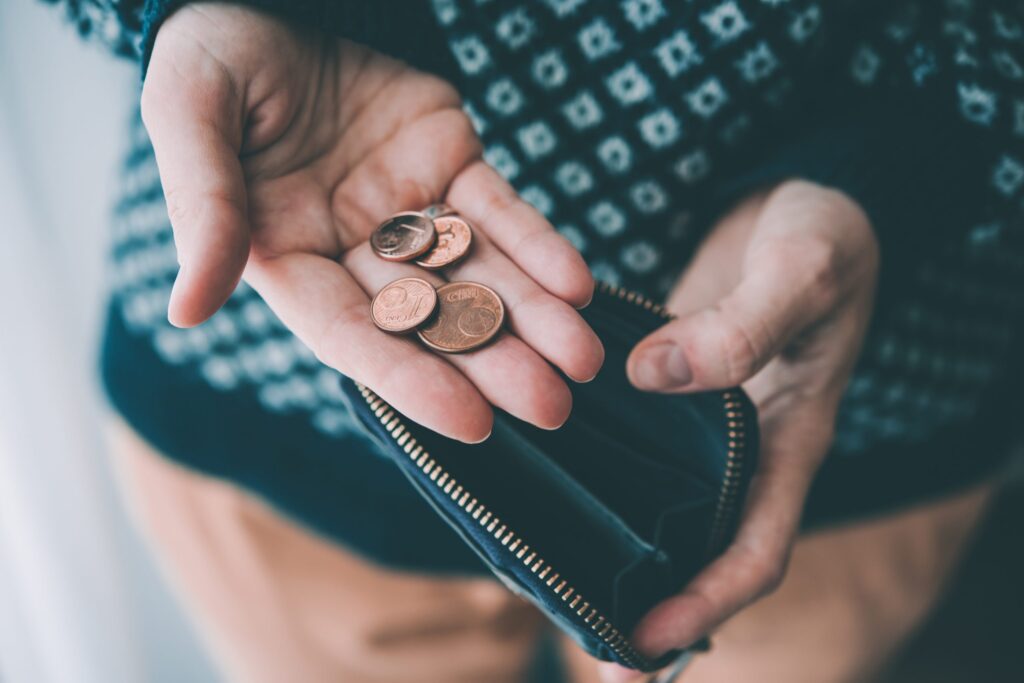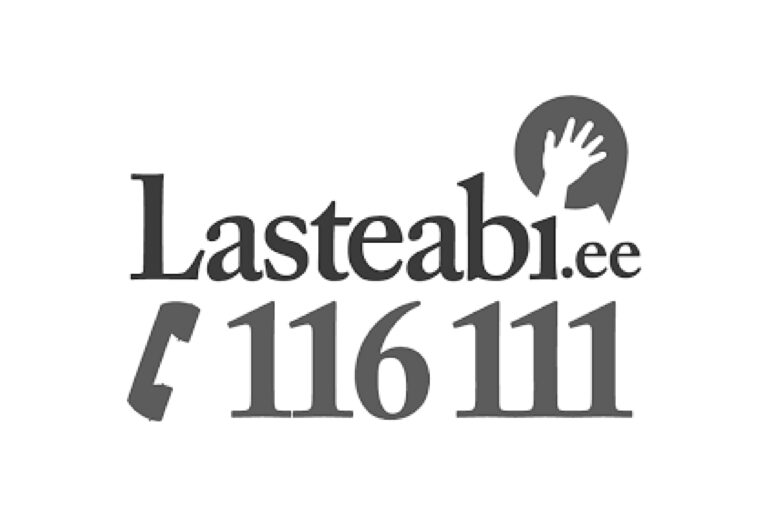Establish what is important to you financially and what you would like to achieve.
- Do you want to save money for a specific purpose, e.g. for purchasing a certain item, travelling, or for a down payment on your first home?
- Do you want to have a savings buffer?
- Or are you saving money for investing?
First things first, if you do not yet have an overview of your finances, your first step should be to get an overview of your income and expenses and find ways to save.
1. Create a budget. Writing down all your income and expenses allows you to see how much money and on what you spend – perhaps there are expenses you can avoid. You can use Excel or various budgeting apps for creating your budget and keeping track of your goals – just choose an option that best suits your needs.
Once you have a detailed overview of your financial situation, income, and expenses, you can start setting your next goals.
2. Cut your expenses. Think about your pattern of consumption and spending behaviour. For example, do you eat out each day for lunch or buy bottled water at the store? There will likely be many expenses you can cut back on. In addition to analysing your consumption pattern, you should also look at your service contracts, starting, for example, with your phone service provider. We often stay loyal to our long-term service providers out of habit, even though there may be newer and better services out there and sometimes we may no longer even need certain services.
3. Save your money. Although it is generally recommended to save at least 5–10% of your monthly income, then in the beginning, the amount you save is not as important as creating the habit of saving itself. Budgeting helps you determine the amount of money you can set aside each month. All in all, it is a good idea to set specific goals because saving is much easier if you know what you are working towards!
Emergency fund or savings buffer
You should also aim to build an emergency fund for unexpected expenses. The opinions on how big the emergency fund should be vary greatly, however, in general, you should have enough money set aside to cover at least 3–6 months’ worth of living expenses. Our expenses change in time; therefore, it is essential to review the size of the emergency fund from time to time!
4. Start investing. When you are setting your financial goals at the beginning of the year, you should also think further ahead than just the current year. While saving money is generally a short-term activity, then investing money is a long-term activity to earn additional income. However, money for investing is usually obtained by saving. Keep in mind that you should only invest money that you do not necessarily need within the next two to three years. Before you start investing, learn about the basics of investing and analyse how much money you can invest either once or monthly.
In short, here are four tips for mastering your finances:
- Create a budget to get an overview of your financial situation.
- Review your service contracts, such as contracts with your phone service provider or bank. Ask for the best offer!
- Start saving! Set aside as much money as you possibly can. Saving also means cutting expenses.
- If you are already saving, increase the amount you save each month.
This article was compiled on the basis of information on the consumer information website www.minuraha.ee managed by Finantsinspektsioon (Estonian Financial Supervision and Resolution Authority).
The task of Finantsinspektsioon is to enhance the stability and reliability of the financial sector and to reduce systemic risks through financial supervision.
Published in the youth information portal Teeviit in 2022.







